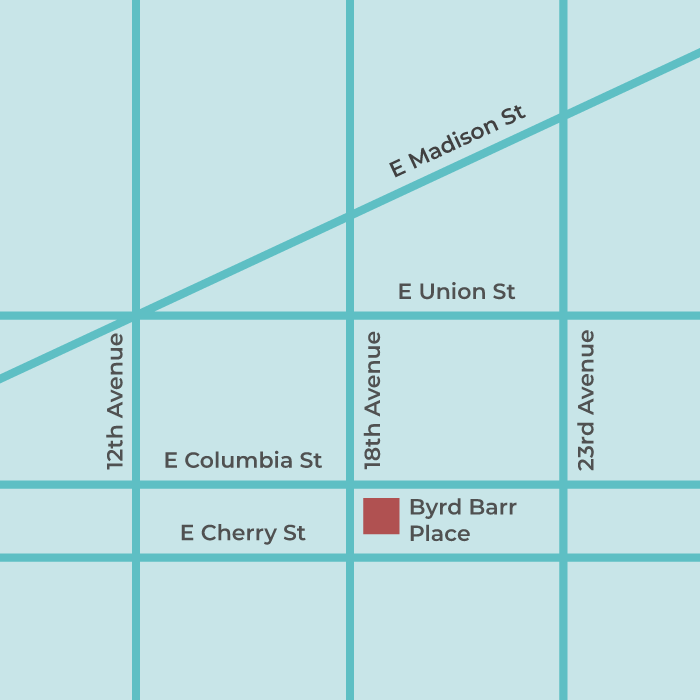By Kaleb Strawn, Brighton Jones, and Obioha Okereke, College Money Habits
Before applying for a credit card, it is important to first understand the basics of how they work and how to build a solid credit score.
The Basics of Credit Cards
A credit card is a form of payment that offers individuals a line of credit from a bank or lender, essentially borrowing money to pay for things now with the promise to pay it back in the future. Think of a credit card as a loan to which you have immediate access.
When you make a purchase on your credit card, you are borrowing money from the issuer with the promise to pay it back at a later date. On the other hand, when you make a purchase using a debit card, you are making purchases with the money you have available in your checking account(s). The key difference between the two is when you use a credit card, you are borrowing money that you will need to repay; when you use a debit card, you are spending money that you own.
While the idea of having immediate access to a loan might sound great in theory, there are some key considerations to keep in mind before applying for a credit card.
Applying for a New Credit Card
Whether this is the first credit card you are applying for or if you are looking to get approved for an additional card, the first question you should ask yourself is: Do I need this credit card?
For instance, if you are currently working toward paying off debt on a credit card, it might be risky to open a new, additional line of credit. One of the primary risks of opening an additional card is that it may lead you to take on more debt that will need to be repaid. Additionally, if you are applying for a new credit card solely to take advantage of initial incentives, such as cash back or travel rewards and do not consider the longer-term benefits, you may run into trouble down the road.
While there is no magical number for the amount of credit cards one should have, every additional card brings in another layer of complexity to your financial situation. It is also important to avoid applying for multiple cards in a short time frame as this will have an adverse effect on your credit score.
Alternatively, a financially savvy reason for applying for a new credit card is if you are looking to increase your total available credit and conversely decrease your credit utilization ratio.
Make sure to take a moment to intentionally pause and consider the reasons you are applying for a credit card prior to making that decision.
Credit Card Spending Rewards
One of the main benefits to applying and being approved for a credit card is being rewarded for your spending. Commonly you will find that credit cards offer rewards in the form of cash back,points or miles.
Cash Back: The most straightforward credit card reward is cash back. Simply stated, a credit card that offers a cash back reward will give you a percentage of your eligible purchases as cash.
Example: If you earn 2% on all purchases and spend $100, then you would receive $2 in cash back rewards.
These rewards can be distributed to you via check, statement credit or cash sent to your checking account. Cash back credit cards tend to be simpler and provide for greater flexibility for redeeming the reward.
Points and Miles: Some credit cards offer rewards through points or miles. For eligible purchases, these cards will issue points that can then be redeemed for items or services. Cards that issue points are generally more flexible in the sense that you can redeem your rewards for merchandise, such as gifts cards, online shopping, etc. Cards that issue miles are typically tied with a specific airline that can be used to redeem airline tickets and hotel stays. Points and miles can sometimes be used interchangeably – just make sure to understand what your rewards can be used on.
If you feel savvy enough to apply for a card offering points or miles, ensure you know how to optimize your rewards and take advantage of your spending. Ultimately, it is most important to decide what you value most and how you want to be rewarded.
If you are interested in learning more about travel rewards, check out Best Travel Credit Cards by CNBC.
If you have any questions regarding these personal finance resources and/or general questions about managing your personal finances, contact Obioha Okereke from College Money Habits at learn@collegemoneyhabits.com
Related Articles:
5 Behaviors That Can Have a Negative Impact on Your Credit Score
A basic building block to financial health is having a strong credit score. Learn important practices to boost your credit score.
How Is My Credit Score Calculated?
Your credit score is the key to accessing credit. Understand the five factors that go into calculating your credit score so you can take control of it.
Paying Off Credit Card Debt
To maintain good credit standing, it’s important to pay your credit card bills on time. If you are falling behind, here are strategies to paying off debt.
Blog | My Biggest Credit Mistake
College Money Habits Founder Obioha Okereke shares how he learned about credit utilization the hard way and what he’s done to increase his credit score.

